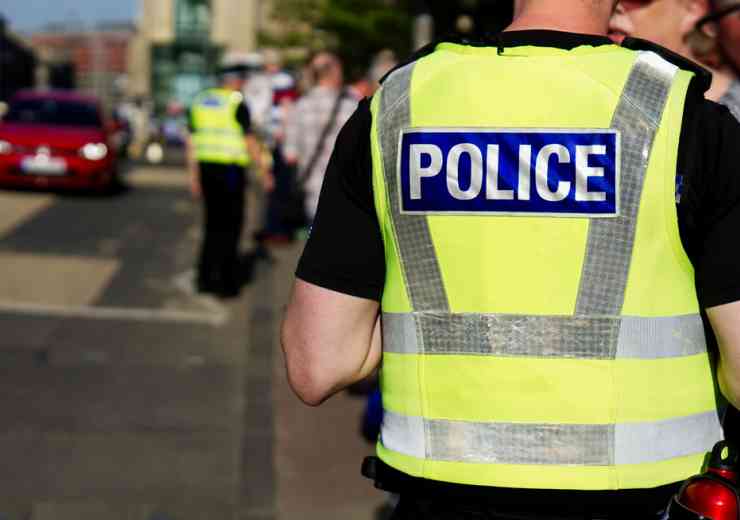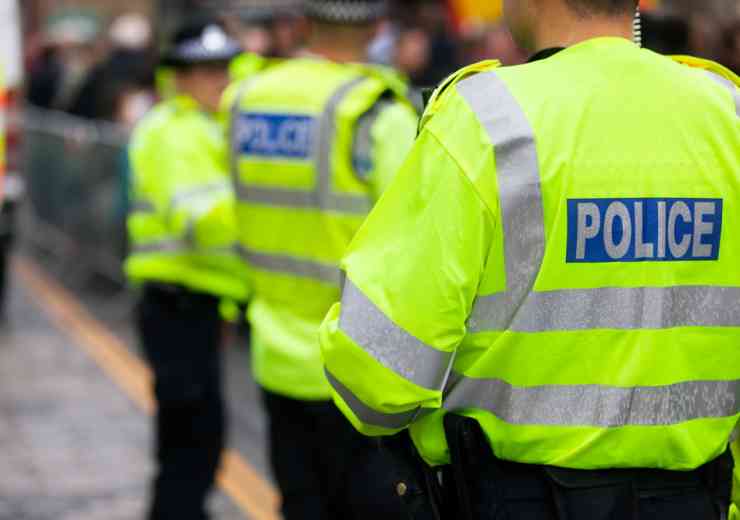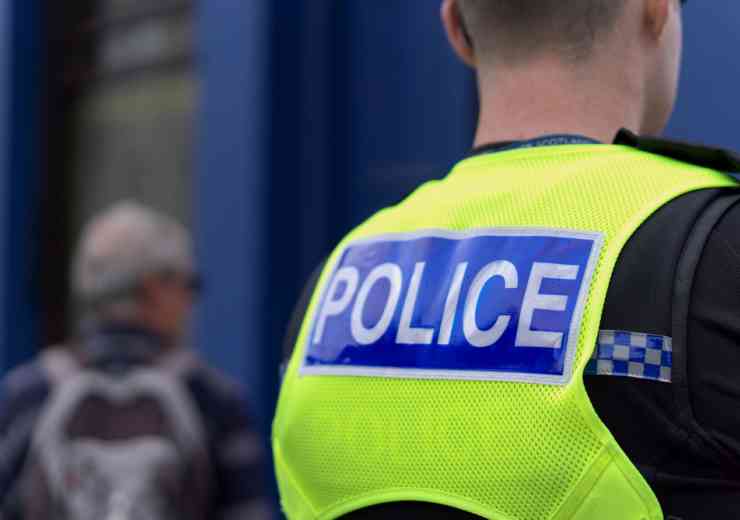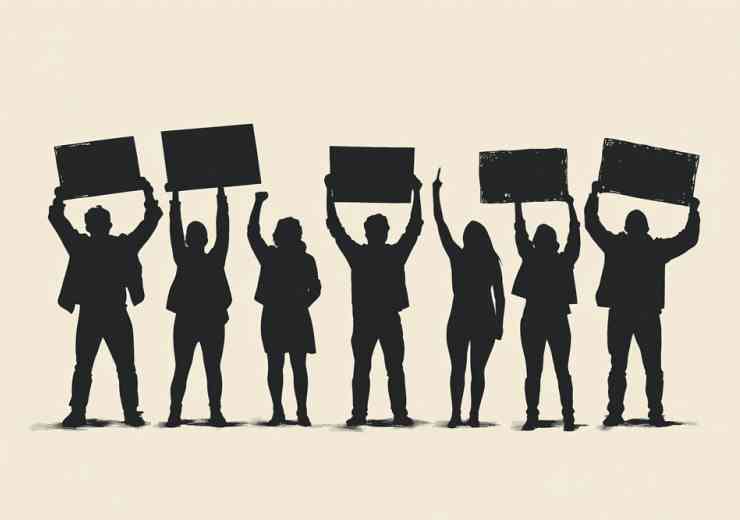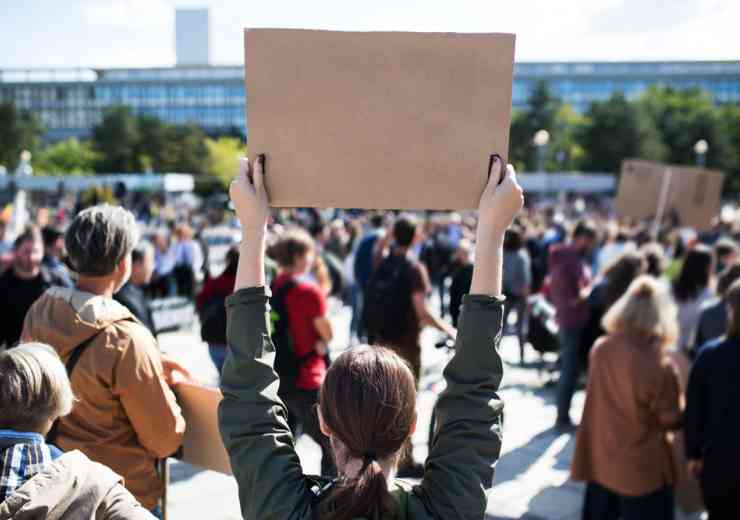Role of digital giants should form terrorism debate
The Society of Editors (SoE) has called for the role of the digital giants to become part of the debate over how the media reports terrorism.
The SoE has welcomed a new report from the Royal United Services Institute for Defence and Security Studies (RUSI) examining the literature on the role of media in terrorism as a starting point for a conversation in the industry. However, it cautions on attempting to hold the mainstream media solely to account for the complex issue of how terrorism is reported in a liberal democracy that values freedom of expression and the public’s right to know.
The publication of the report, Terrorism and the Mass Media: Examining the literature on the role of the media in terrorism, followed an appeal by Met Assistant Commissioner Neil Basu speaking at last year’s Society of Editors’ conference in London for the media to work to create guidelines for covering terrorism similar to those agreed with The Samaritans for reporting suicides.
In its key findings the RUSI report states: mass media can provide the publicity which terrorists seek and there is a clear synergy between the media’s desire for a sensational story and terrorists’ desire for publicity; that the media can amplify the negative impacts of terrorism and collective levels of public fear; due to their role in producing news and influencing opinion, journalists can become participants in the radicalisation process; mass media reporting can contribute to imitation of terrorism; and that ethical codes of practice and responsible reporting guidelines have a positive effect on minimising the negative impacts of reporting.
The report recommends: that reporting should be accurate, balanced, unsensational, and contextual and avoid emotive language, except when reporting on what others (for instance, politicians) have said; and that journalists should not report in a way which glamourises or demonises perpetrators of attacks, as this could encourage imitation or perpetuate prejudices.
Furthermore, journalists should be as objective as possible, examining their own preconceived biases and possibly unsubstantiated theories. They should also be up front about their level of expertise on terrorism as well as the sources of their information, to engage the public in a critical debate about the issues.
The report added that police and security authorities can help to mitigate misdirection and the spread of misinformation, which threatens independent reporting and public knowledge, by engaging the public and press with timely and accurate information in the case of terrorist attacks.
Ian Murray, executive director of the SoE, said: “The problems raised by copycat terrorist acts and the spread of the ideals of terror are complex and we should be wary of a rush to try to create a one-size fits all set of rules and regulations for the media even if self-imposed. However, the Society of Editors certainly recognises, as do the majority of journalists, that covering terror attacks, their aftermath and reporting on those behind such atrocities has to be considered in the light of being part of the solution and not doing the terrorists’ work for them. The Society stands ready to further the conversation on this issue.
“While the mainstream media will I feel certain recognise the importance of maintaining public confidence through the continued provision of edited, balanced, researched news and information on terror subjects, the same cannot be said of social media where rumour and misinformation abound. This is an important debate and it is gratifying to see that the report, while calling on the mainstream media to produce self-regulation in the form of guidelines for reporting terror, also recognises the public’s right to know and the role an independent media plays in a free society.”



